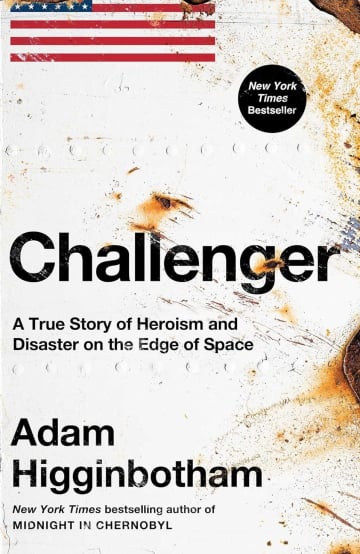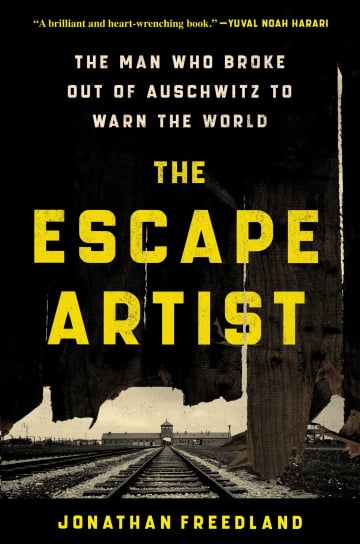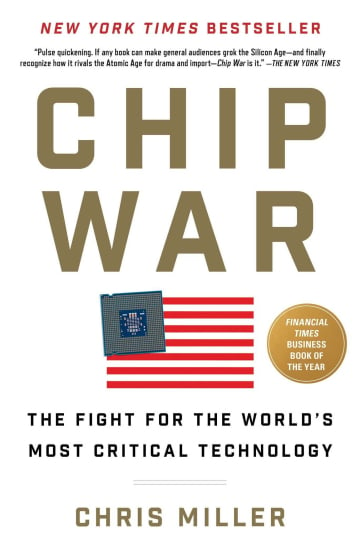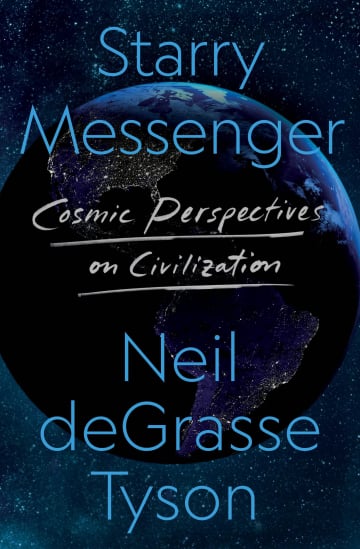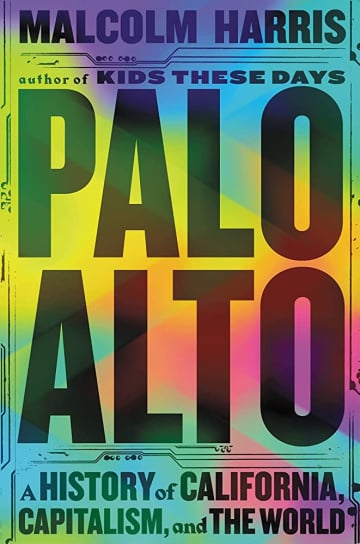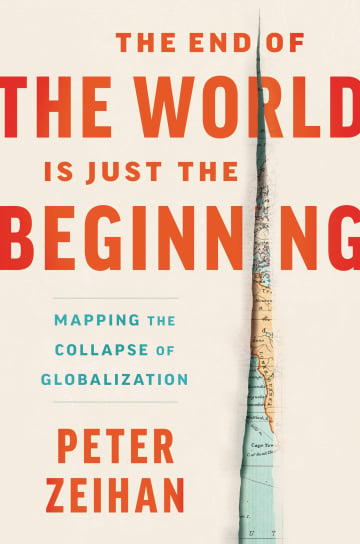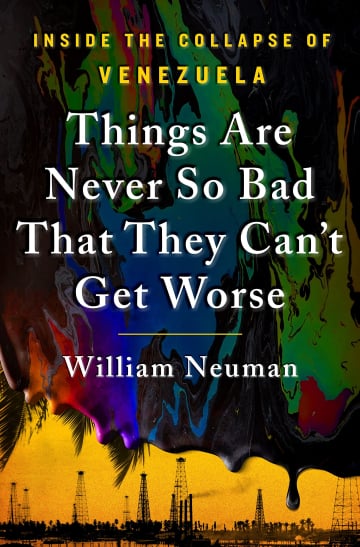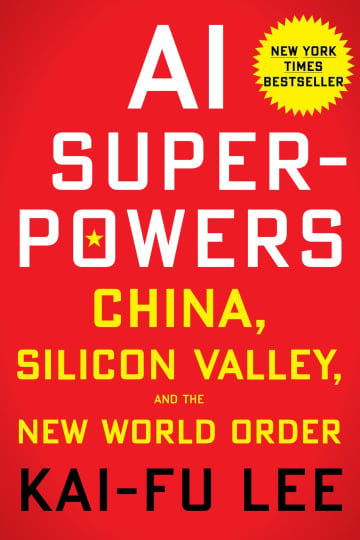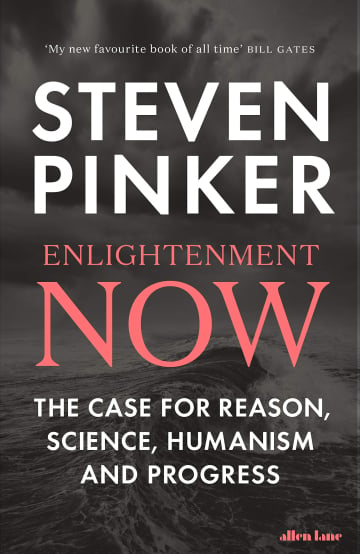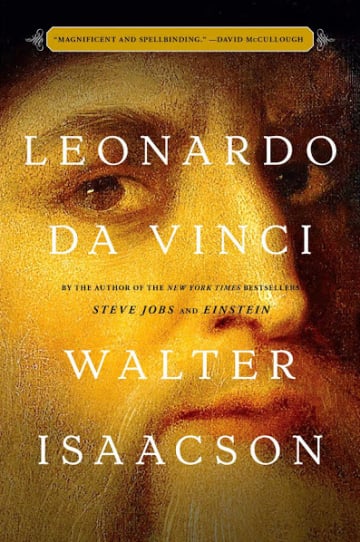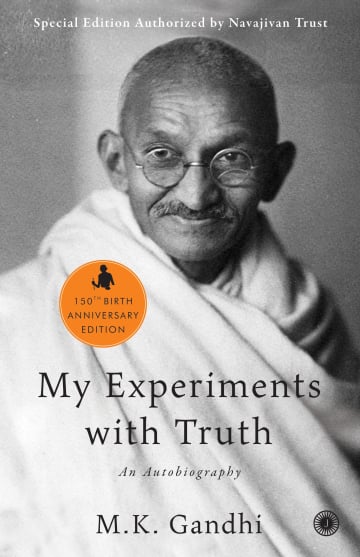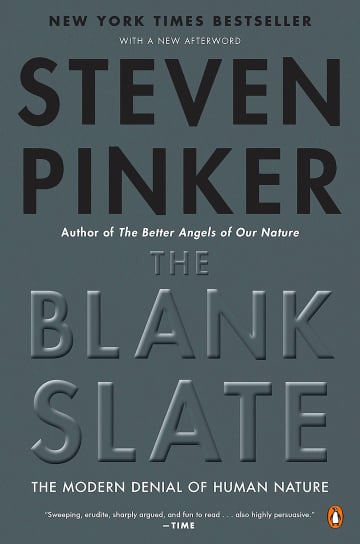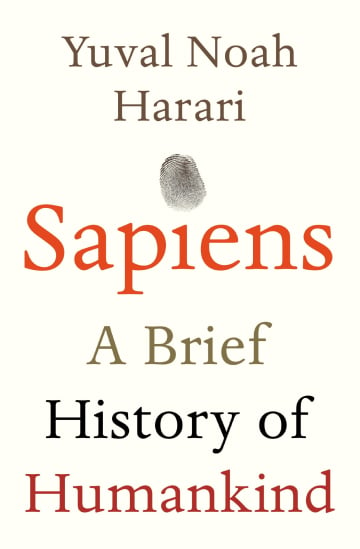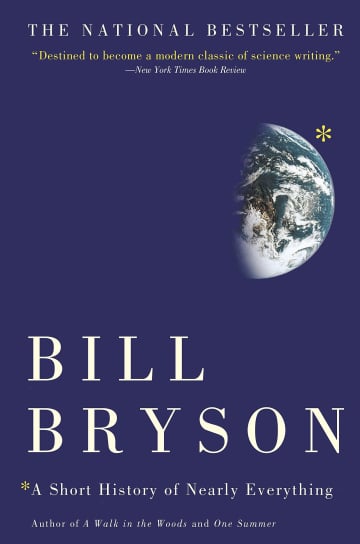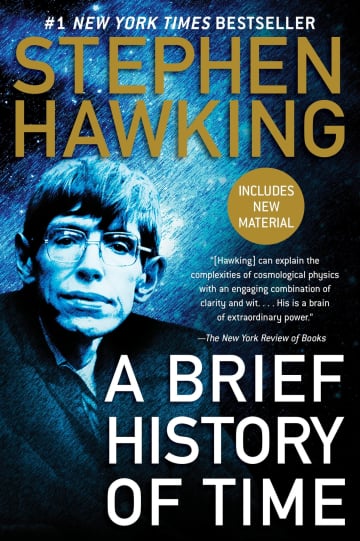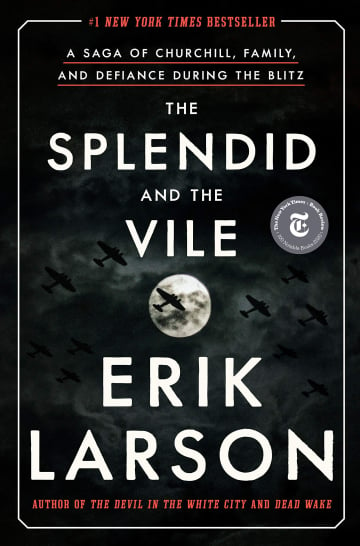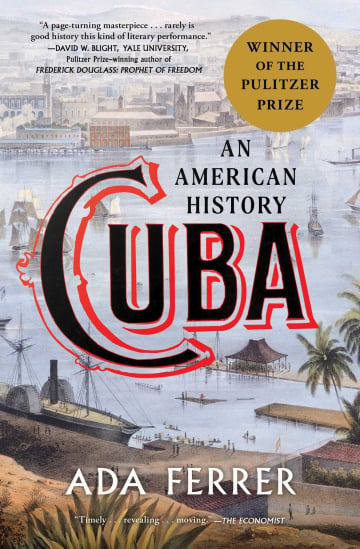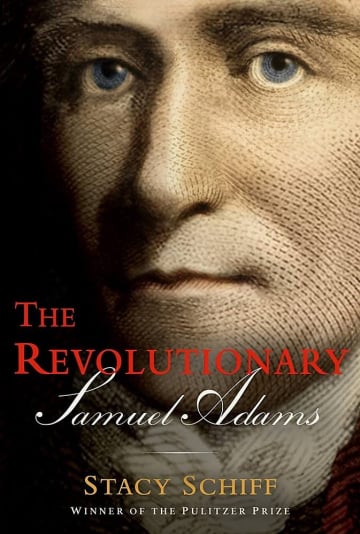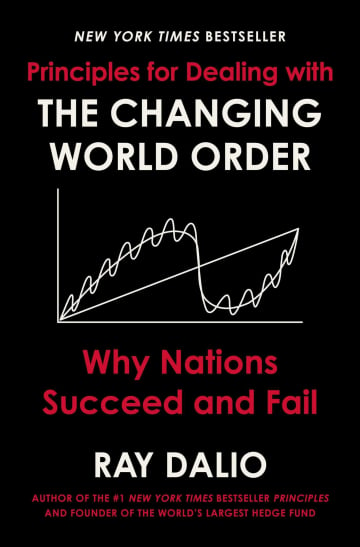
Principles For Dealing With the Changing World Order: Why Nations Succeed and Fail
⚡️ 12 Quotes from the book
“No system of government, no economic system, no currency, and no empire lasts forever, yet almost everyone is surprised and ruined when they fail.”
“We are like ants preoccupied with our jobs of carrying crumbs in our very brief lifetimes instead of having a broader perspective of the big-picture patterns and cycles, the important interrelated things driving them, where we are within the cycles, and what’s likely to transpire.”
“When wealth and values gaps are large and there is an economic downturn, it is likely that there will be a lot of conflict about how to divide the pie.”
“From examining all these cases across empires and across time, I saw that the great empires typically lasted roughly 250 years, give or take 150 years, with big economic, debt, and political cycles within them lasting about 50 to 100 years.”
“Human productivity is the most important force in causing the world’s total wealth, power, and living standards to rise over time.”
“Countries with large savings, low debts, and a strong reserve currency can withstand economic and credit collapses better than countries that don’t have much savings, have a lot of debt, and don’t have a strong reserve currency.”
“Having a reserve currency is great while it lasts because it gives a country exceptional borrowing and spending power and significant power over who else in the world gets the money and credit needed to buy and sell internationally.”
“History has shown that we shouldn’t rely on governments to protect us financially. On the contrary, we should expect most governments to abuse their privileged positions as the creators and users of money and credit for the same reasons that you might commit those abuses if you were in their shoes.”
“History shows that raising taxes and cutting spending when there are large wealth gaps and bad economic conditions, more than anything else, has been a leading indicator of civil wars or revolutions of some type.”
“While these strengths did not bring about immediate prosperity, over time the British system’s respect for the rule of law, combined with strong education, gave it the foundation to gain competitive advantages in commerce and innovations that followed and led to the rise of the British Empire.”
“As is typical, after the war years and with the new world order came a period of peace and prosperity fueled by great innovations and productivity and a capital markets boom that produced big debts and big wealth gaps late in the upswing.”
“Over the next 10 years, the most important dynamics are the short-term debt/money/economy cycle (also called the business cycle), the internal political cycle, and the escalating conflicts/reducing interdependencies between the US and China.”
Related videos
Follow the author

Ray Dalio is an American investor and hedge fund manager, founder, and co-chief Investment Officer of Bridgewater Associates, the world's largest hedge fund. He is known for his practical approach to economics, which differs from conventional thinking. In 2020, Bloomberg ranked him as the world's 79th-wealthiest person.
Other books by Ray Dalio
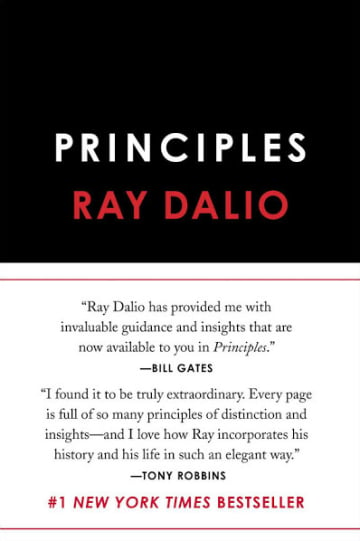
Publications
The Wall Street Journal: ‘Principles for Dealing With the Changing World Order’ Review: Trouble Ahead, As Usual
Forbes: Ray Dalio Says America’s Decline Will Upend Lives, Not Just Portfolios
Ask Albert:
Rate the book
⚡️ Discover Even More Bookish Wisdom
recommends
recommends
